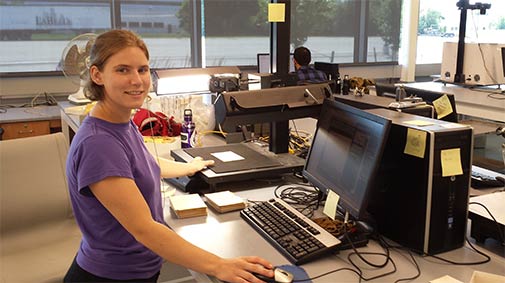NSF Awards Fifth Round of ADBC Grants to Enhance America's Biodiversity Collections
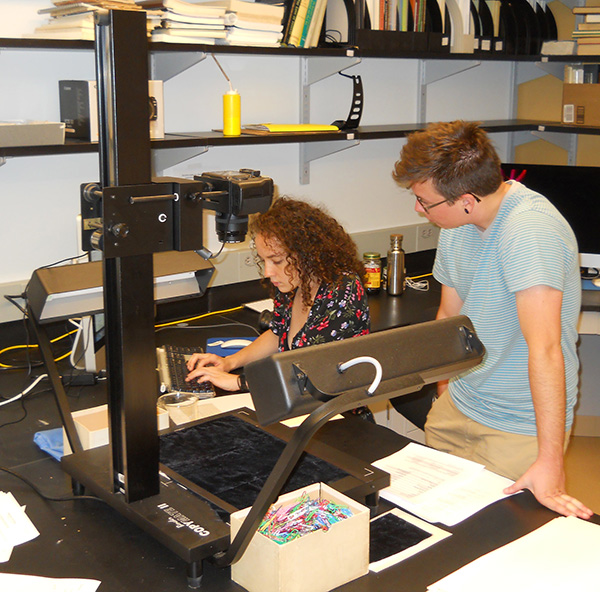
Alex Kuhn (of the University of Illinois) instructs Patty Kaishian (of Syracuse University) on how to enter label data from microfungi specimens. Their work is part of the Microfungi Collections Consortium, funded through the ADBC program. Credit: Andrew N. Miller, Illinois Natural History Survey, University of Illinois




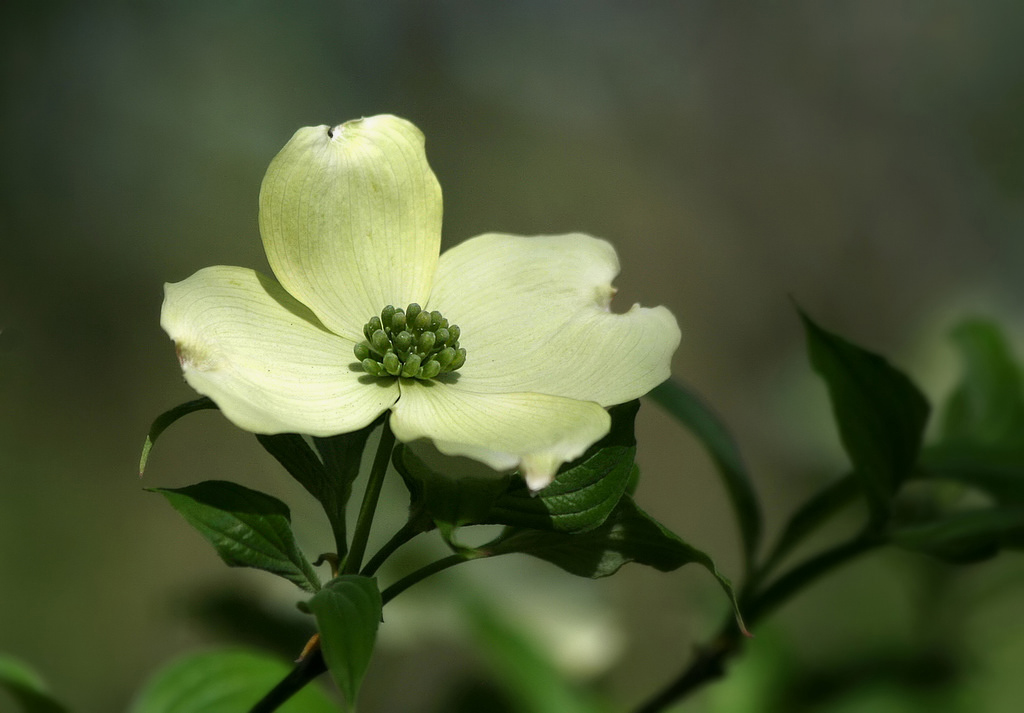
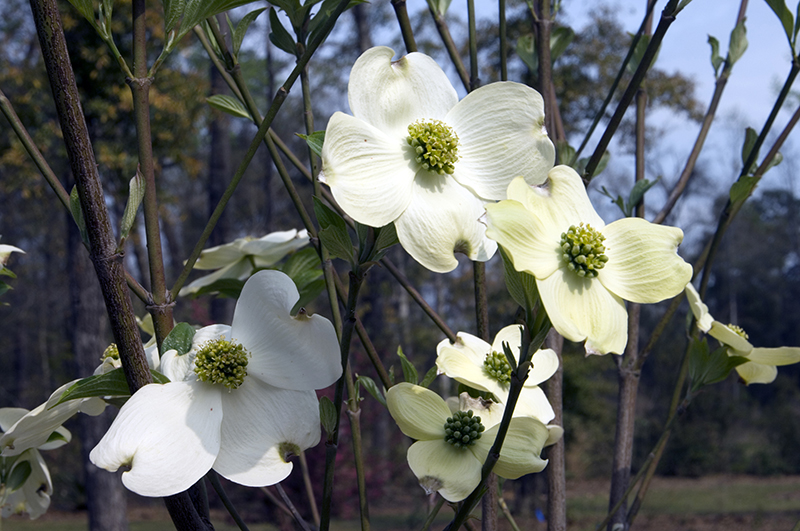
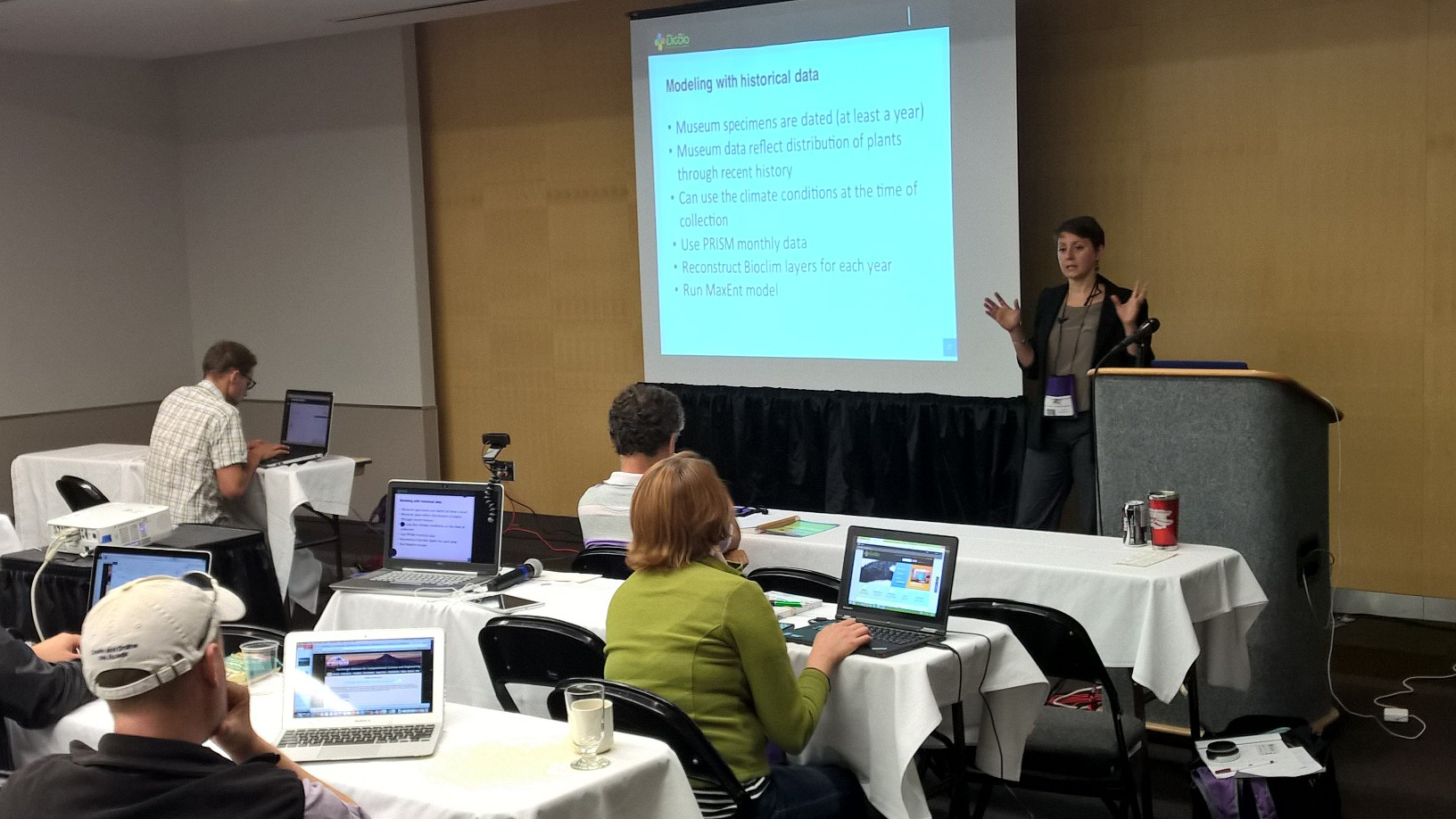 On July 26, 2015, iDigBio hosted an all-day
On July 26, 2015, iDigBio hosted an all-day 